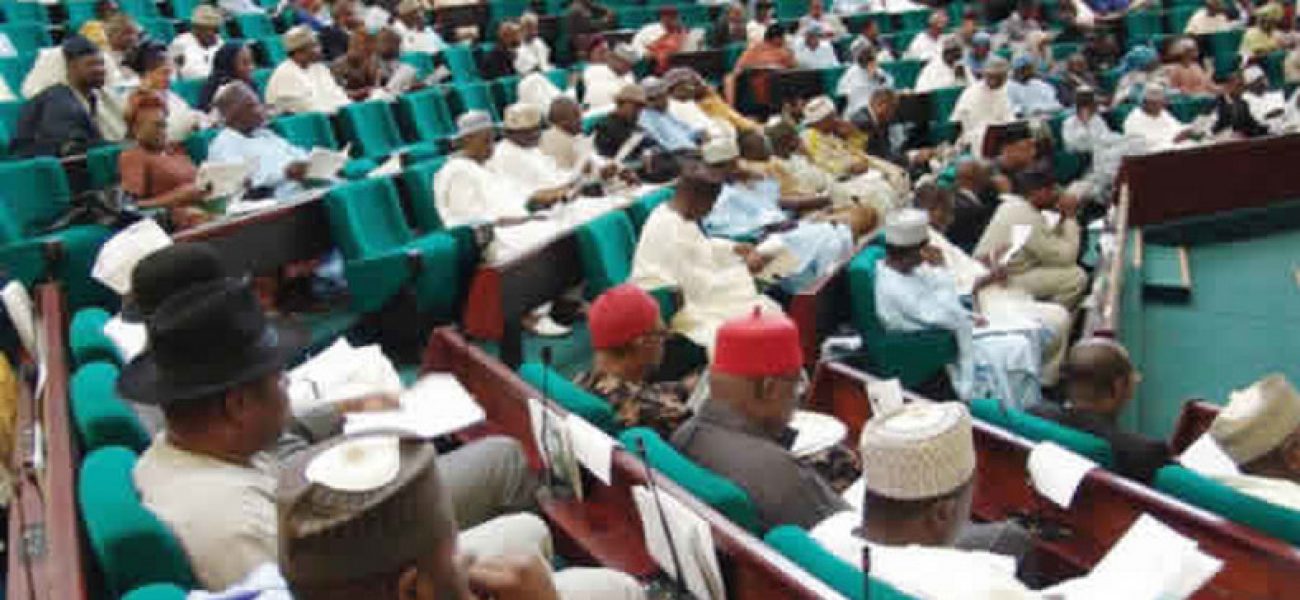A Bill seeking to prescribe quotas for women in elections into the Senate, House of Representatives, State Houses of Assembly and Area Councils in the Federal Capital Territory has been stepped down in the House of Representatives after some law makers argued that its affirmative provisions for women ran contrary to section 42 of the 1999 Constitution (as amended). The Bill, which came up for second reading on Thursday 24 January, 2019 is sponsored by Hon. Sadiq Ibrahim (APC: Adamawa).
Targeted at enhancing women participation and representation in elective offices, the Bill mandates political parties to field women in all Federal and State level elections except Presidential elections. All political parties are mandated for instance to include women in the conduct of primaries for National Assembly elections by ensuring that a candidate from the three Senatorial zones is a woman in elections to the office of the Senate and a third of the total number of candidates fielded are from all Federal Constituencies are women in general elections to the House of Representatives. It also proposes similar provisions for State House of Assembly elections and Area Council elections in the Federal Capital Territory who must ensure that a third of the total members from their State and Councillorship constituencies respectively are women. However, State Houses of Assembly have a further proviso, as the nomination of women candidates must be rotated in a manner to be designated by the Independent National Electoral Commission (INEC).
While the Bill could help increase the representation of number of women in elective offices, some lawmakers have argued that creating a quota for women discriminates against men and runs contrary to section 42(1)(b) of the 1999 Constitution (as amended) which prohibits the application of any law that accords a privilege or advantage that is not accorded to other groups. It was also argued in the House of Representatives that a quota system might eventually stifle the representation of women if the situation improves in future.
Several women groups and CSO’s such as Policy and Legal Advocacy Centre (PLAC) has advocated for the representation of more women parliamentarians through various projects. In particular, PLAC’s documentary titled “Underepresented” chronicles the challenges Nigerian women face in politics and their marginalisation from decision-making processes. Currently, only about 6% of Legislators in the National Assembly are women and the outlook on improved female representation is quite poor considering the low numbers of women that emerged as candidates for the General elections coming up in 3 weeks.
In November and December 2018, INEC had released figures of successful candidates. More recently, INEC has also released names of parties/details of these candidates. It indicates that 1932 people are contesting for 109 Senate seats of which 1700 are men and 232 are women. For the House of Representatives, the numbers are not any better with 528 women competing against 4160 men for 360 seats.
PLAC extracted the list of female candidates contesting for election in the Senate and the House of Representatives per state. They are quite helpful in giving a good visual image of the number of women contesting for federal legislative seats as well as their geographical spread.

